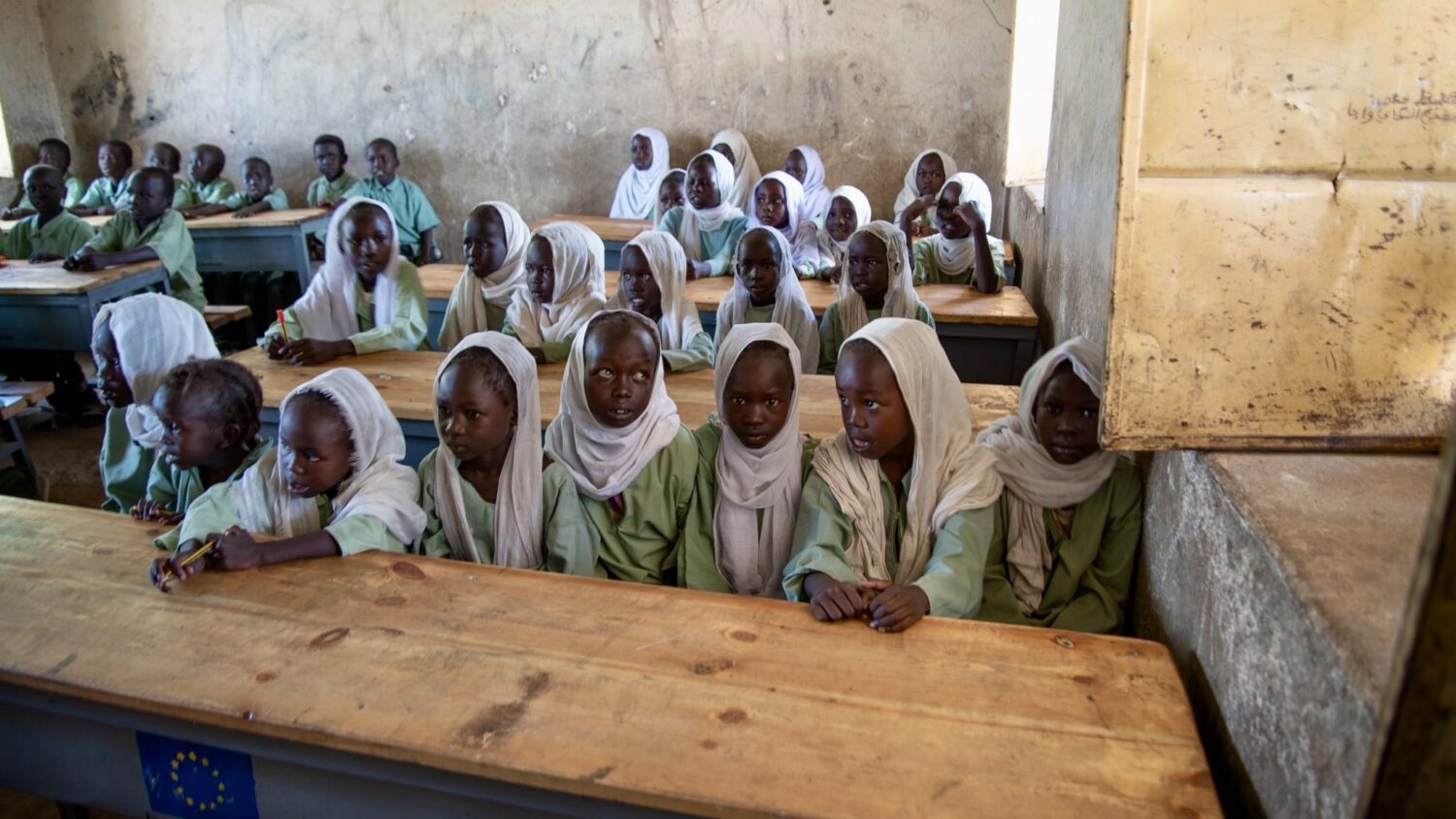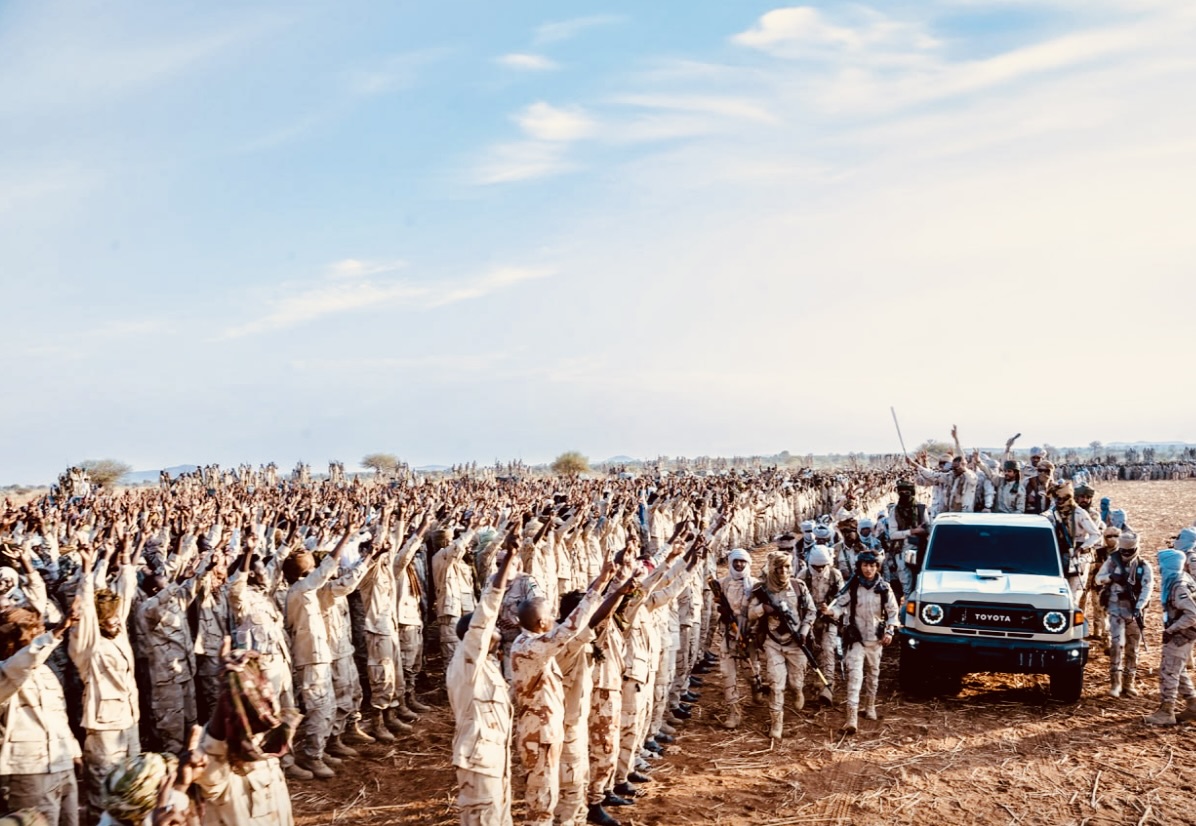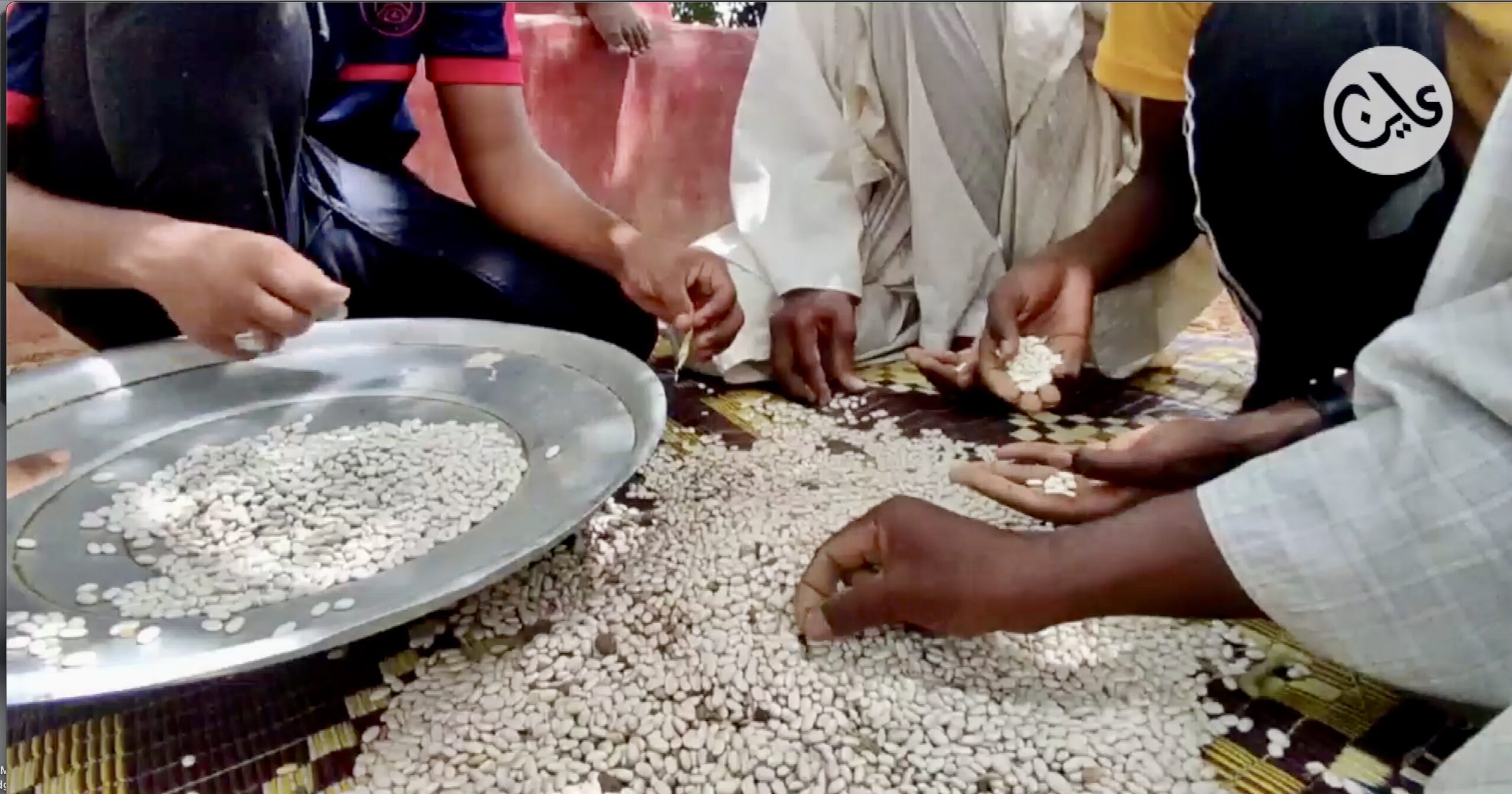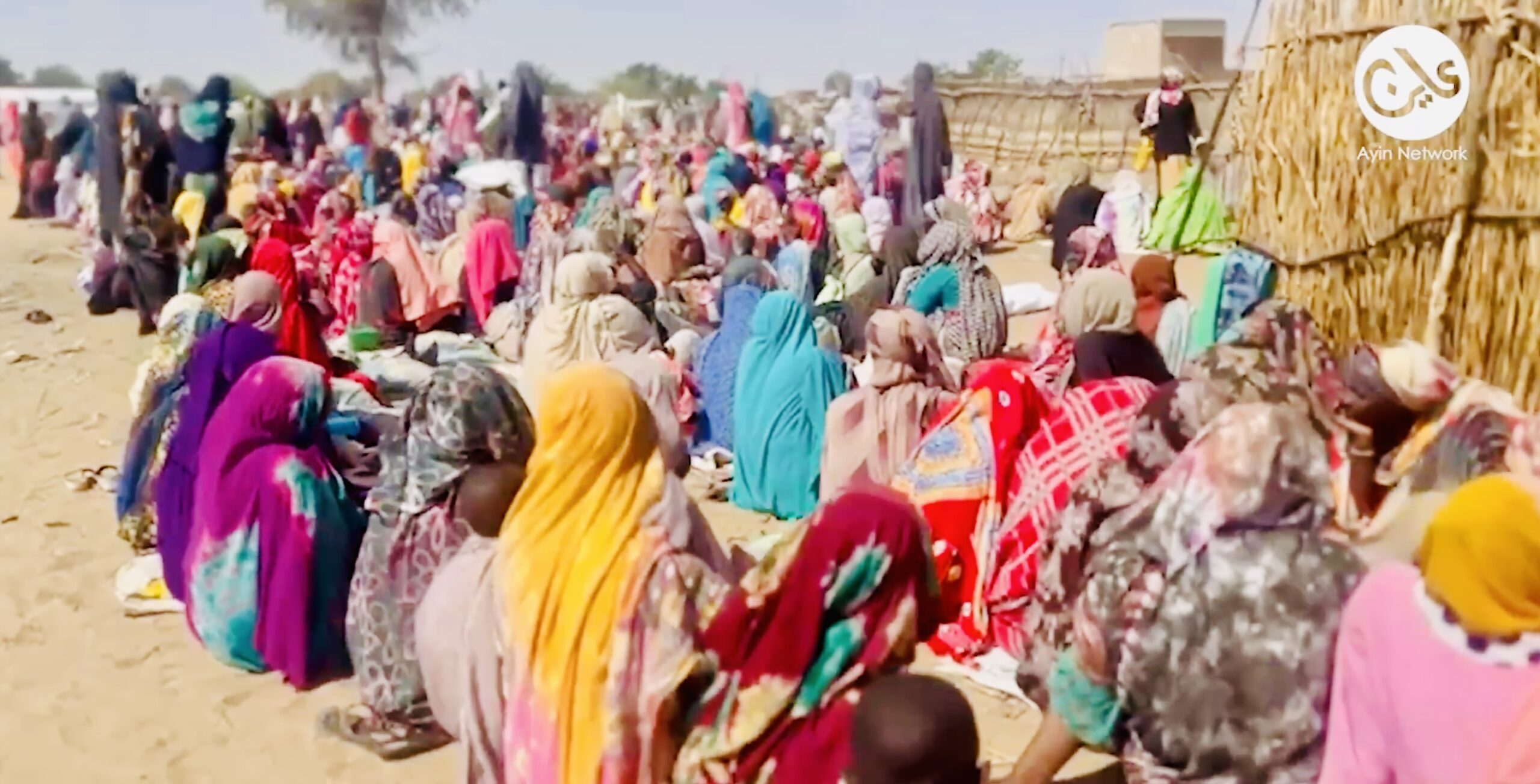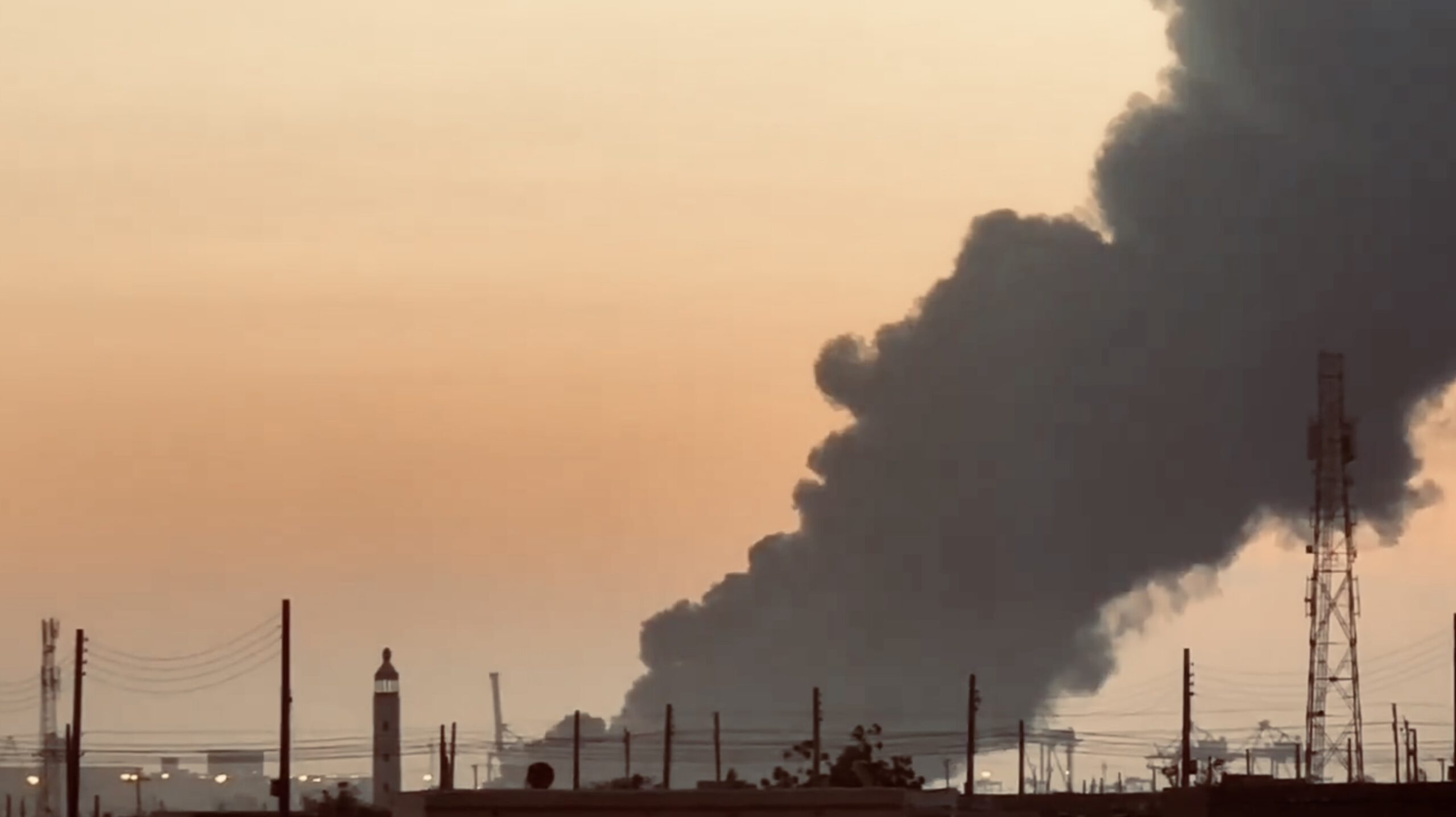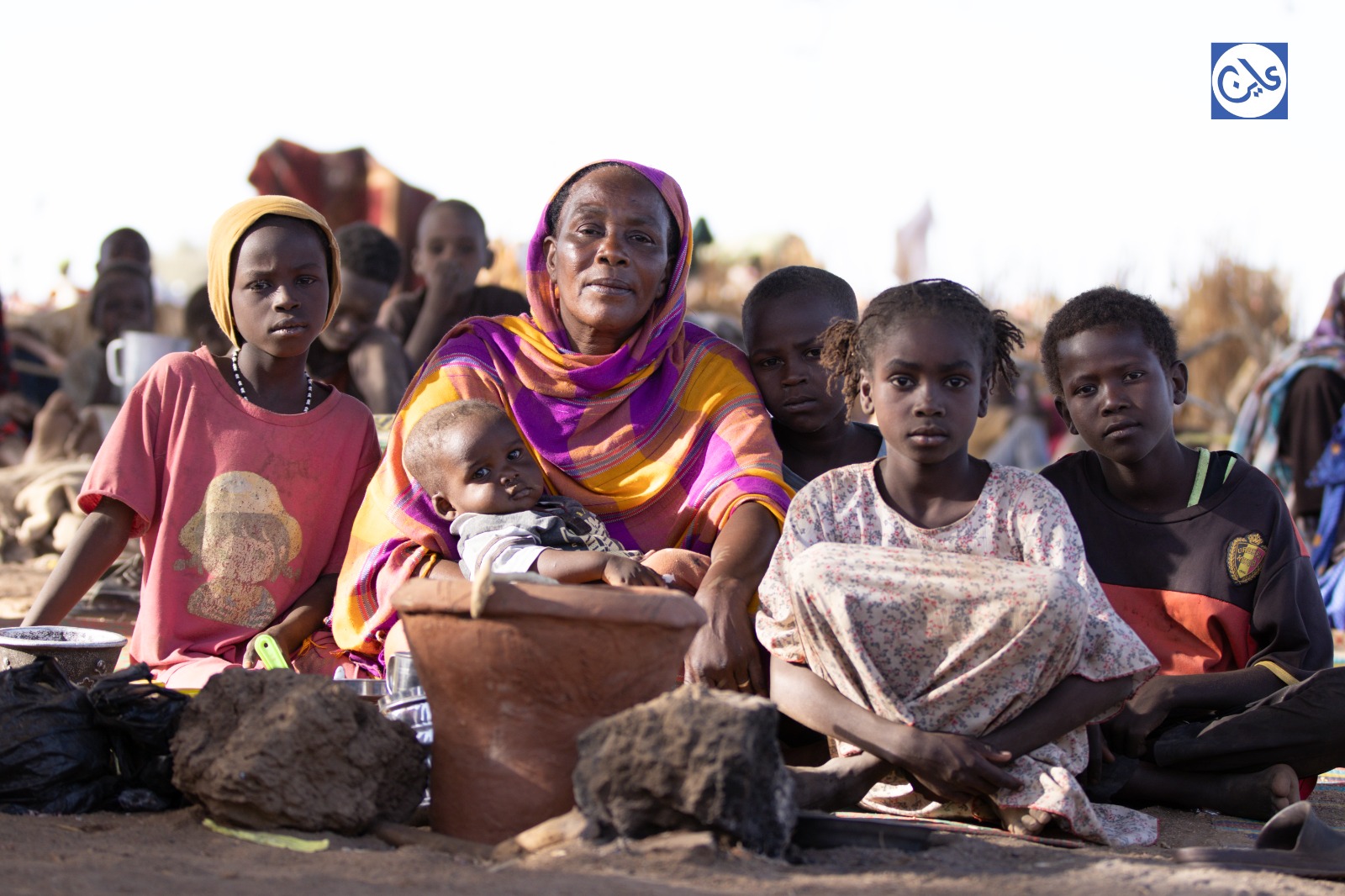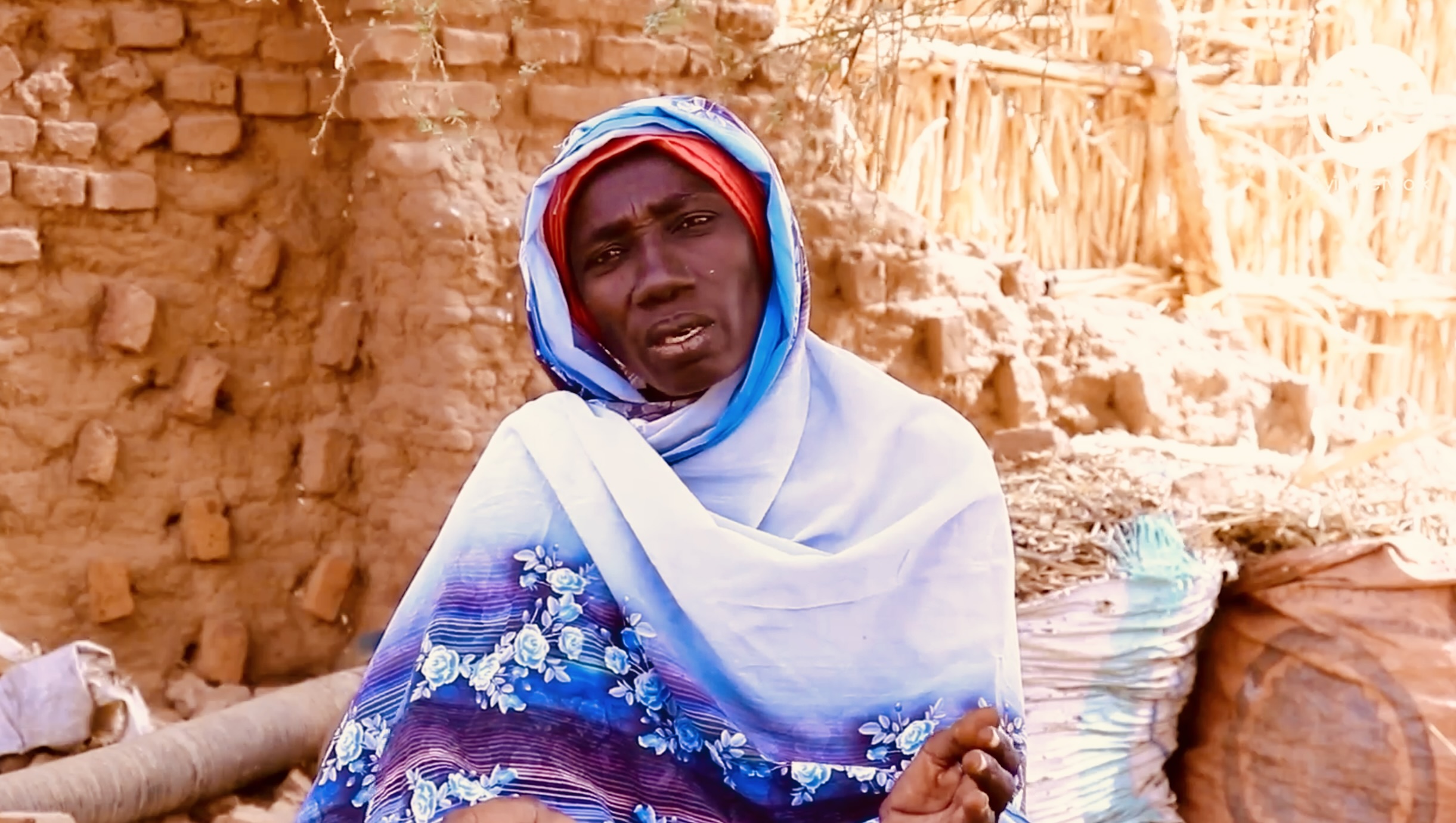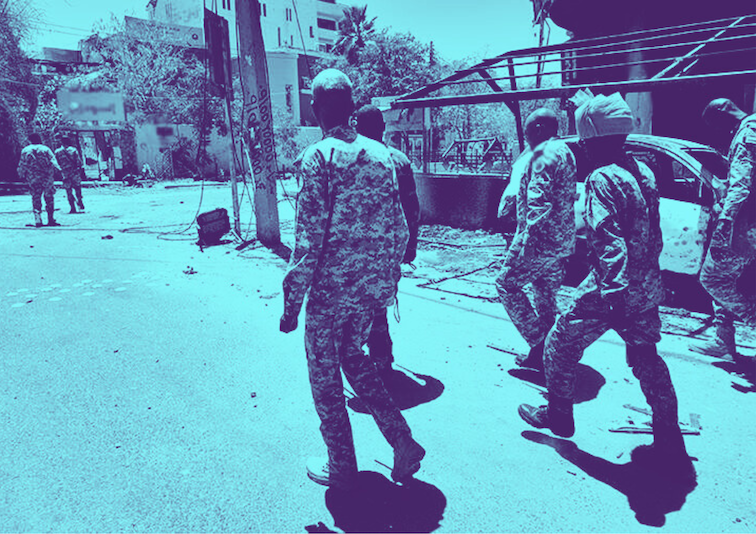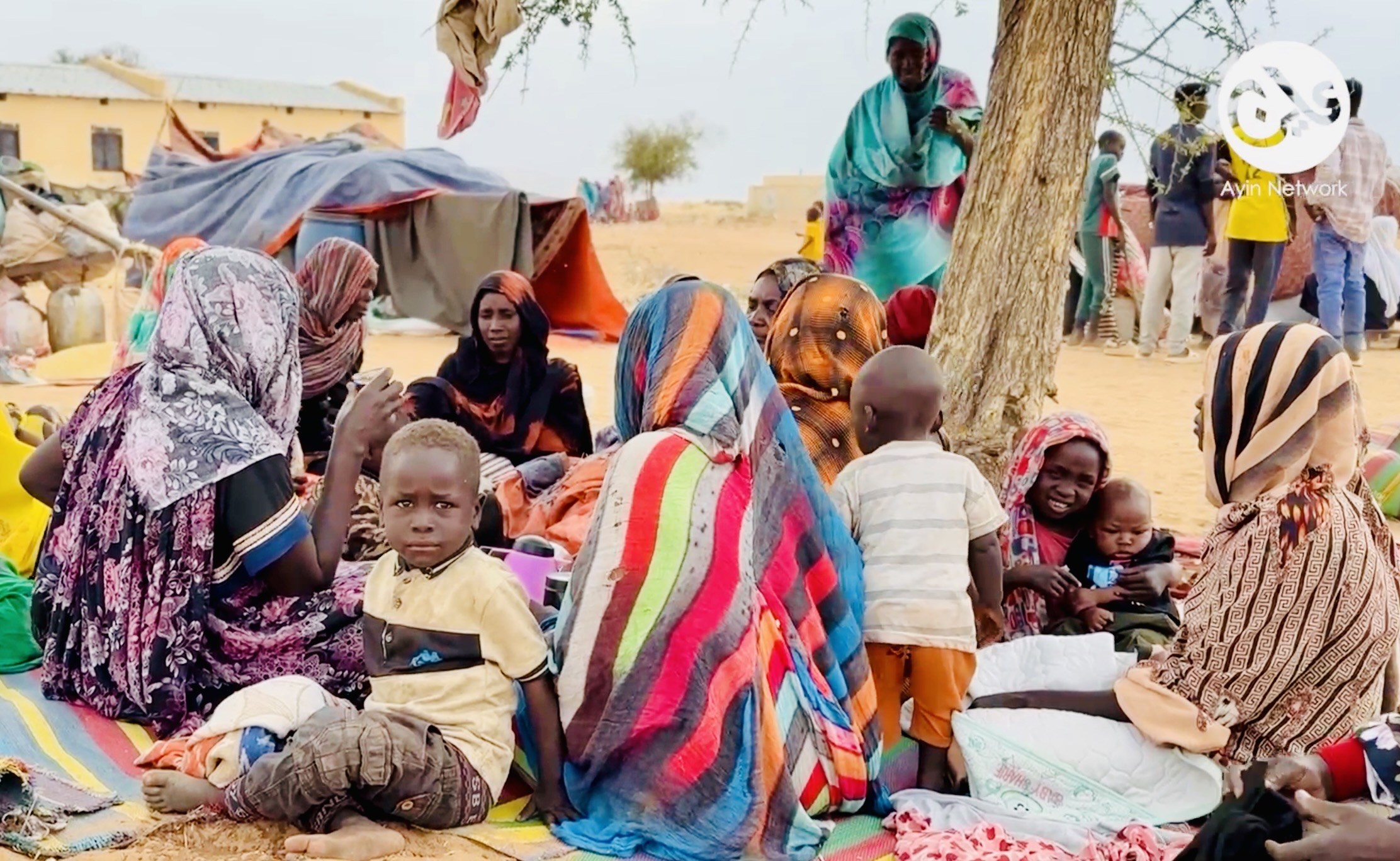South Kordofan: Education in the time of war
7 October 2023
Since the start of the war between the Sudanese Armed Forces and the Rapid Support Forces last April, the government stopped paying the salaries of the state institutions’ employees; a decision that impacts all workers in the public sector in Sudan.
According to statistics from the Sudanese Ministry of Social Development in 2019, a million people worked for governmental institutions, including more than 300,000 teachers, many of whom, have not received their salaries since March this year.
The lack of payments and ongoing conflict in Sudan –now reaching its sixth month– has led to 19 million children being out of school. Out of this total – or 1 in every 3 children in the country – some 6.5 million, lost access to school due to increased violence and insecurity in their region, with at least 10,400 schools shuttered in conflict-affected areas.

Education Hurdle
“The war has caused the educational process to stop, significantly frustrating students whose educational future remains uncertain, especially the students who were to take the Sudanese National Certificate exam this year,” says South Kordofan State teacher Adam Babiker Idris, who has not received any salary since March.
The Acting Minister of Education, Mahmoud Sir Al-Khatim Al-Houri, recently said that any news related to the Sudanese Certificate and the educational process will be announced first via the state’s official channels.
Babiker said that the prolonged war in South Kordofan State, the COVID-19 pandemic, and repeated school closures due to strikes and sit-ins have led to a severe, critical gap in education for youth and repeated cuts in support for teachers.
The longtime teacher believes the government is now concerned more with security issues than education. Low state salaries have forced many teachers to seek employment elsewhere –sometimes abandoning the profession altogether. Like thousands of Sudanese teachers, Babiker had to resort to other sources of income, such as agriculture and selling perfumes.
Widespread protests and strikes occurred in the months leading to the war in several occupational sectors – most notably teachers – due to a poor salary-to-cost-of-living ratio. The Sudanese Unions’ Front, an umbrella organization for several unions including the Sudanese Teachers’ Committee, submitted a memo to the International Labor Organization on 17 July regarding the Sudanese government’s refusal to pay teachers’ wages. The unions called on the government to fulfill its obligation to pay the benefits of workers in the public sector, a demand that has been routinely ignored by the state.

Crammed classrooms
Even in classrooms in South Kordofan where teachers continue their profession voluntarily, classrooms are either overcrowded or empty. The conflict has displaced thousands, inducing many from rural areas to try and learn from over-flowing, cramped classrooms. In other cases, Idris said, children simply give up on accessing education.
In many cases, there are simply not enough classrooms, says Intisar El-Tahir Rahma, a teacher at the Model Secondary School for Girls in the Abbasiya Taqali locality. Abbasiya Tagali has five schools, El-Tahir told Ayin, which hardly accommodates a large number of students as each class contains on average 70 students. She confirmed that the schools in South Kordofan state are underequipped and unable to manage the large number of pupils, as the students continue to suffer the lack of textbooks, and seating issues.
Over-crowded schools were always a challenge in the Nuba Mountains region of South Kordofan where the rebel Sudan Peoples Liberation Movement / Army – North maintains control, says Ryan Boyette, founder of an education charity working in this region, To Move Mountains. “Before the war, schools were over-crowded with over 100 students in some classrooms –often under a tree or a locally made building,” Boyette said. “This has been compounded further [by the war] with the influx of IDPs from Khartoum.”
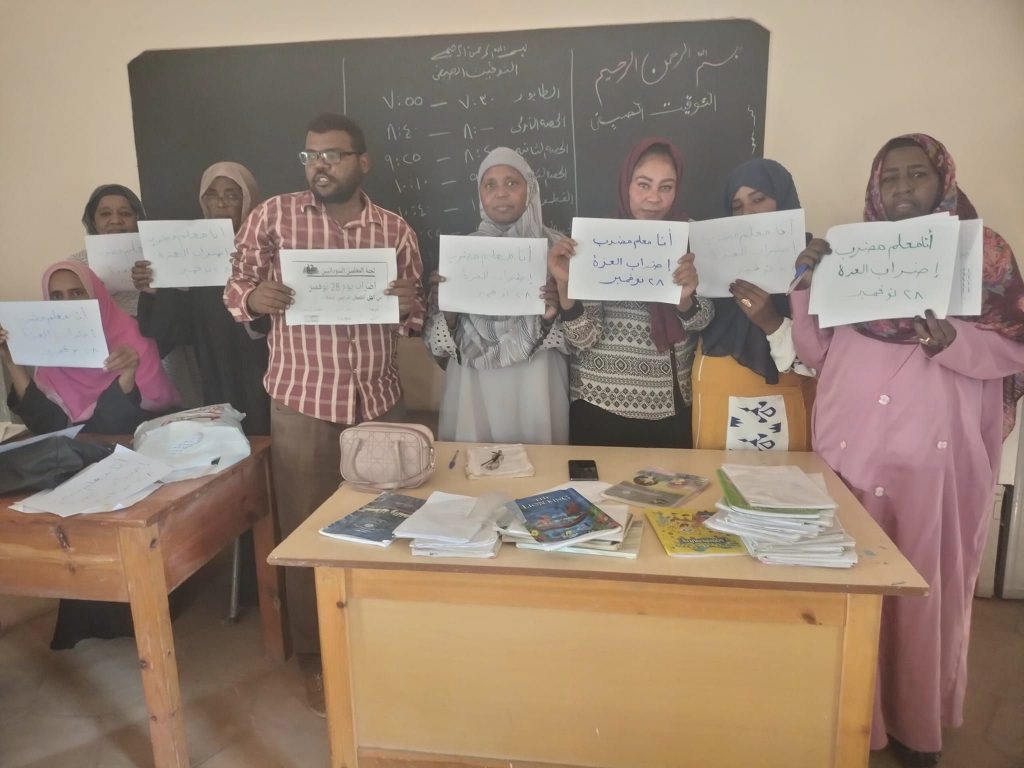
Better pay
Since mid-October 2021, Sudanese teachers in South Kordofan started to lobby for better education standards in the state through an eight-point memo addressed to the government outlining their demands. The most notable demand was increasing the state’s expenditure on education to reach 20% of the total state budget.
“After December’s Revolution and with Sudanese teachers’ demands for an increase in wages, there were adjustments to basic salaries and benefits; but the increase in prices in the markets made the [new] salary lose its value,” she said.
The teachers’ demands also included raising the minimum wage to 69,000 Sudanese Pounds per month (US$ 120 in 2021, now roughly US$80). The demand for higher salaries is based on a study prepared by the Sudanese Teachers Committee in September 2021 that estimated the cost of living for a family of five to be roughly 579,000 Sudanese Pounds (around US$ 1,000 in 2021).
El-Tahir told Ayin that some teachers were forced to abandon teaching and resorted to seeking side jobs such as gold mining, trading, and agriculture.
She added that education in South Kordofan needs rallying governmental and local efforts to reconstruct the schools that were demolished because of the wars. “After the latest war, students do not know if they will take the Sudanese Certificate Exams or not, and we – as teachers – do not have an answer for them.” El-Tahir added that there is a need to form a specialized committee to address the education problems in South Kordofan, in order to raise funds to reestablish the schools and accommodate the students coming from underprivileged families.
Elias Basiel, a member of the communications office at the Sudanese Teachers Committee, told Ayin that out of 18 states, 10 did not pay salaries to state workers since the war started, while the remaining states paid only for the first one or two months. Basiel added that workers in Khartoum State began receiving one month’s salary out of six unpaid months.
“Teachers – and the committee members in particular – are subjected to abuse, threats, and arrest, because of their rejection of the war and their demand for the rights of state workers,” Basiel said. Last month, the security authorities in Port Sudan detained the spokesperson for the teachers’ committee, Sami Al-Baghir, and interrogated him for two days before granting his release.
On 6 May, Minister of Finance Jibril Ibrahim declared that arrangements were being made with the Central Bank of Sudan to pay the wages of the state workers, during a meeting with the states’ governors and finance ministers, but the arrangements are yet to result in any action.
Muawiya Abdeen Warraq, a member of the teachers’ committee, told Ayin that “Teachers are impacted by the lack of income since the outbreak of the war –most of whom were displaced to the various states of Sudan.” He pointed out that there is no justification for the government to withhold the wages of state employees while it continues to pay the salaries of the security services workers and pay the cost of continuing the war.




